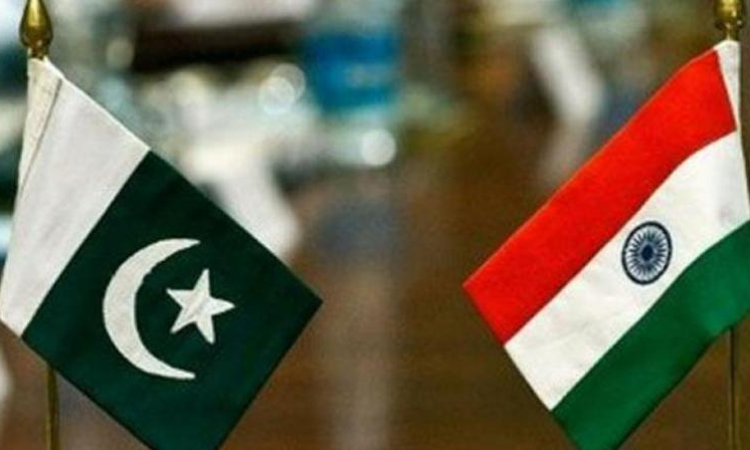The Delhi High Court has refused to entertain a PIL seeking recovery of ₹1 trillion debt allegedly owed by Pakistan to India. Stating that the plea involves issues pertaining to government policy, the Bench of Acting Chief Justice Vipin Sanghi and Justice Navin Chawla refused to interfere in the matter.Om Sehgal, party in person, produced several documents to argue that India has...

